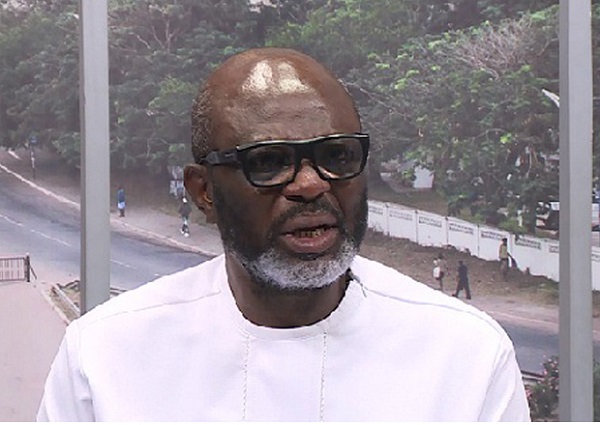
Capital restrictions on foreign investors: GUTA insists retail sector is no go area for foreigners
The Ghana Union of Traders Association (GUTA) has described the retail sector of the economy as a no go area for foreigners.
The warning comes on the back of plans by the Ghana Investment Promotion Centre (GIPC) to review the capital restrictions for foreign investors who seek to invest in the country.
The GIPC Act, 2013 (Act 865) requires foreign companies which seek to partner local businesses to provide a capital requirement of US$200,000, while wholly foreign businesses which desire to operate are required to provide a capital of US$500,000.
For foreign businesses which want to do business in the trading space, the capital requirement is pegged at US$1 million.
The Deputy Chief Executive Officer of the GIPC, Yaw Amoateng Afriyie, recently disclosed that the GIPC had started stakeholder engagements to review these capital restrictions.
He said the process was to help position Ghana as the investment destination in the sub region.
No go area
But speaking in an interview with the Graphic Business, the President of the GUTA, Dr Joseph Obeng, said the association was not aware of any such engagement and was, therefore, convinced that the retail sector will not part of the review.
“We have not been consulted yet but the retail aspect is not included so whatever stakeholder engagement it is, we don’t know. For us, the trading sector is a no go area for foreigners.
“We don’t know where the stakeholder engagement is taking place. The law was revised just in 2013 and with regards to the ECOWAS traders, the government has given them a special dispensation and that ends the story,” he stated.
Critical areas of the economy
Dr Obeng said the GIPC, in its quest to attract investments into the country, should look at the highly technological and capital intensive sectors and not the trading sector.
“Even when it comes to trading, it has to be multi-national super market structures. The US$1million requirement is just guiding the traders, it is not saying we don’t expect investments in the trading sector but it is only meant to guide them, in that, they can only do a super market or big time wholesale,” he explained.
He said reviewing the capital restrictions on trading would flush the local traders out and also increase the country’s dependence on imports.
“If we open our markets, we will not be able to even attract investors into our manufacturing industry again. Why will any investor think about establishing a manufacturing company when he can just import and sell on the market?
“Such a move will defeat our investment drive towards the more sensitive sectors of the economy and encourage more importation,” he noted.
AGI yet to take a position
Also speaking in an interview with the Graphic Business, the Chief Executive Officer of the Association of Ghanaian Industries, Seth Twum Akwaboah, said the association was yet to take a position on the issue.
He said this was a major issue that required the input of all members of the association.
“We need to get the opinion of all members. We are yet to do consultations and take a position on this issue.
“It’s been individual opinions so far expressed but with regards to major policies such as this, we even invite the GIPC to come and make a presentation to us. It is then that they will actually go into the merits and demerits of that proposal. It is only after that, that we can take a very informed position,” he explained.
Review of GIPC Act
Mr Akwaboah said the AGI was, however, open to a review of the entire GIPC Act, stating that “when you have an act, it doesn’t stay forever and depending on the exigencies of the time, you can make an adjustment or amendment to make it serve you better.”
“So if the GIPC sees the need to do so, we will welcome it and review the detail as we go along.